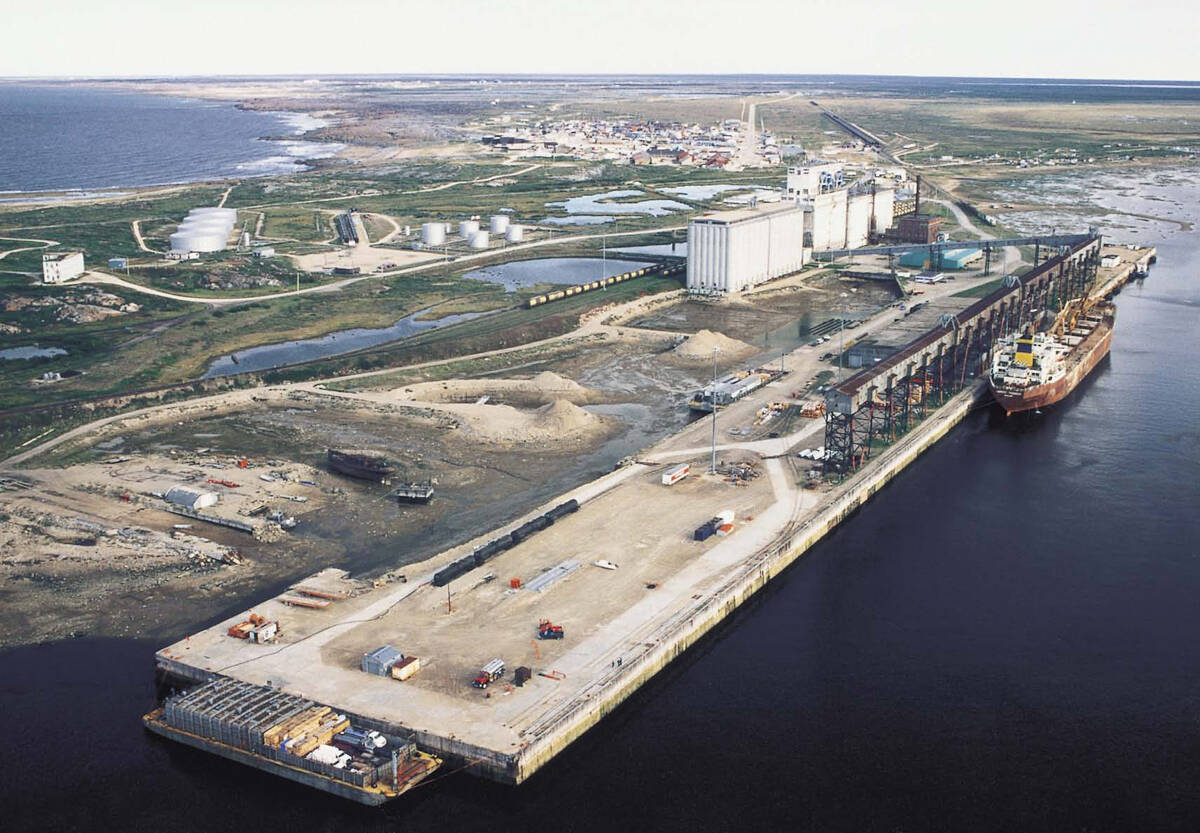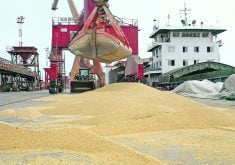The Winnipeg Commodity Exchange is going all-electronic whether local traders like it or not.
Local independent traders are furious about the WCE’s May 19 shareholders vote that gave 81 percent approval to the management’s proposal to shut down the exchange’s trading floor and replace it with a computerized system.
The canola industry generally supports the idea, said Canola Council of Canada president Barb Isman.
“It’s the passing of a romantic age, but we can adapt pretty well,” said Isman.
“Setting aside the romance (of open pit trading), the canola industry will be fine with an electronic system.”
Read Also

Defence investments could benefit agriculture
A bump in Canada’s NATO spending commitments could lead to infrastructure investments that would benefit rural areas
For canola growers, the only important question is whether there is a functioning futures market for canola, whether the trading is done by people face to face or through people working on computers, Isman said.
“It shouldn’t have a direct impact on the canola industry so long as there’s a price discovery mechanism,” she said.
Local trader John Duvenaud is outraged by the exchange’s decision and thinks farmers will suffer because the exchange will die.
“They’re destroying a functioning futures market for canola and barley and bringing nothing to the exchange,” said Duvenaud.
“We’re taking the best asset – the trading floor – and throwing it away. Markets don’t just happen. They have to be built.”
Duvenaud said local traders will not become electronic traders, so the liquidity they bring to the market will be lost.
“That’s the part of the market that counts. It’s 20 or 25 guys who stand on the floor every day and they bid and ask and trade and they make the market happen.”
Duvenaud said he suspects that the grain companies want to destroy the canola futures market, so they, as the major shareholders in the exchange, have pushed for the exchange to go electronic so that it will fail. But WCE chair Bill Parrish Jr., who is also president of Parrish and Heimbecker, said that is untrue.
“It’s absolutely not right. We use and enjoy that market to control our risks in buying grain.”
“We’re not interested in having no market. It’s very beneficial for us.”
Duvenaud said the move to electronic trading is unnecessary and short-sighted.
“It’s the same kind of thinking that has taken 95 percent of the grain elevators in Western Canada – functioning, profitable, paid-for grain elevators – and torn them down, so that now the farmer has to drive an hour and a half to deliver grain,” said Duvenaud.
“It’s the same sort of thinking that took two good brand names, Alberta Pool and Manitoba Pool, and threw them away.”
The WCE will probably switch to electronic trading in December, said exchange president Mike Gagne.
The exchange will remain independent and will be based in Winnipeg, but will use the Chicago Board of Trade’s electronic trading computer system to operate.















